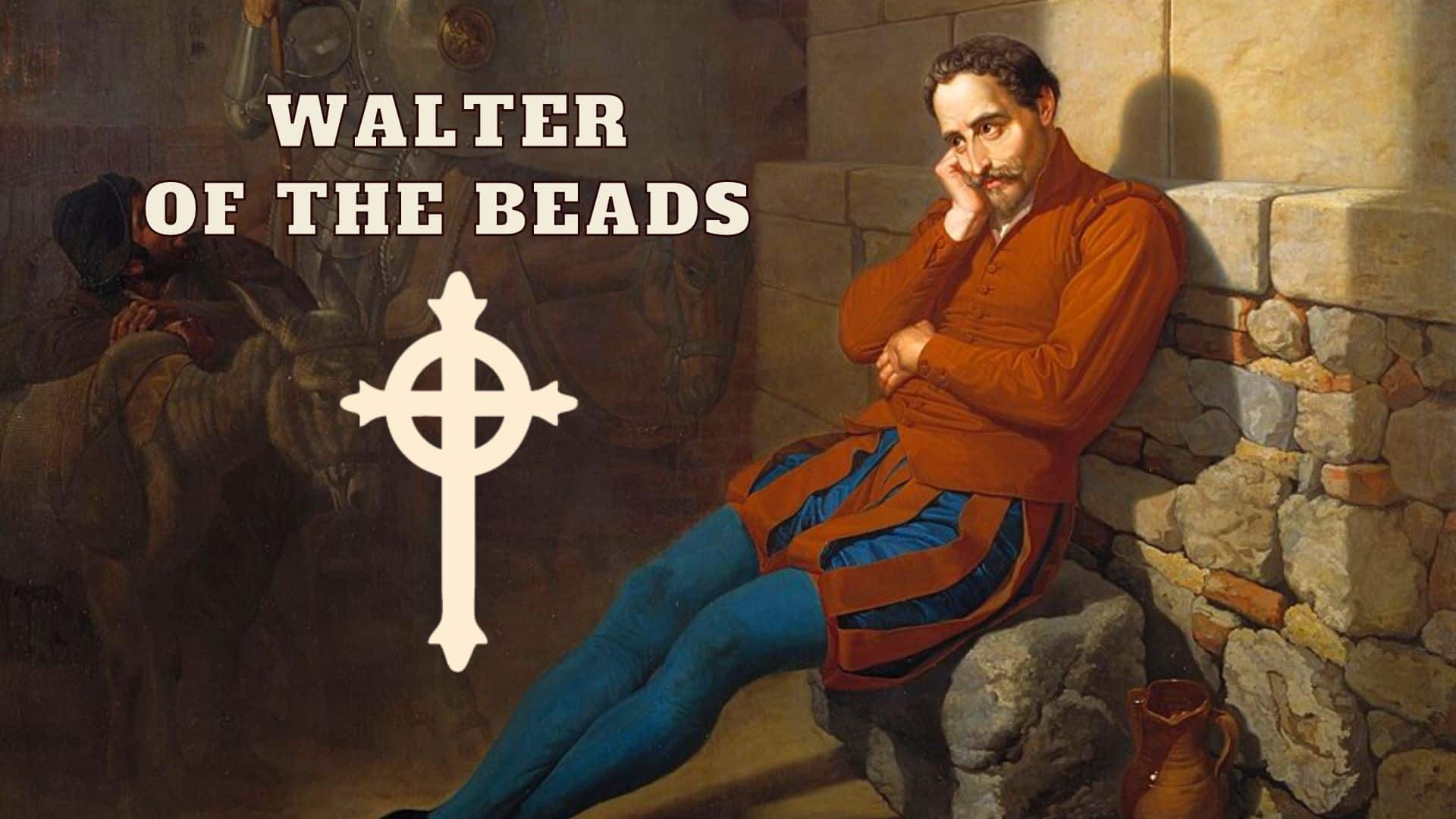Roderick Randum Butler (1827-1902) was a member of the Tennessee House of Representatives, Tennessee Senate, and U.S. House of Representatives. He fought passionately against secession and Tennessee’s military allegiance to the Confederate States of America. Butler, Tennessee is named in his honor.
Early Life
Roderick was born on April 9, 1827, in Wytheville, Virginia, to George William Butler (1780–1828) and his second wife, Nancy Anne Leitch (1787–1859). His mother was born in Galway, Ireland.
When he was 13, Roderick was bound to John Haney in Newbern, Virginia, as a tailor’s apprentice. After six years of training, he moved to Taylorsville, Tennessee (present-day Mountain City, Tennessee), and began working as a tailor on his own.
At age 21, Roderick started learning about the law from Carrick W. Nelson, a lawyer in Carter County, Tennessee. After almost five years of study, he was admitted to the bar in 1853 and worked with Nelson as a lawyer in Johnson County and Carter County until the start of the Civil War.
Tennessee Local and State Politics
In 1855, Roderick was appointed postmaster of Taylorsville, Tennessee by President Millard Fillmore and was elected to a county judgeship. He made the jump from local politics to state politics in 1859 when he won election to the Tennessee House of Representatives.
As the Civil War began to come into focus, Roderick was one of 15 state legislators that voted against seceding from the Union and fought passionately against the state’s military allegiance to the Confederate States of America. He was a delegate at the Knoxville and Greeneville sessions of the East Tennessee Convention, which petitioned the legislature to allow Eastern Tennessee to break away from the rest of the state and align with the Union.
Oliver Perry Temple, a staunch union supporter and the author of the final resolutions of the East Tennessee Convention, described Roderick as “unshrinking and outspoken” in his pro-Union efforts.
Arrest for Treason
In 1861, Unionists burned down several bridges in Eastern Tennessee to thwart Confederate military plans. Confederate leaders immediately rounded up Unionists in the region and charged them with treason. As a lawyer, Roderick represented the Unionists and fought to release them.
Roderick himself was arrested on charges of treason a year later, but was acquitted because there were no witnesses that would testify against him. He was arrested a second time, but he was released from jail with the help of friends, who helped him temporarily flee to Kentucky.
In 1862, Roderick joined and helped organize the 13th Tennessee Union Calvary. He held the rank of lieutenant colonel, but resigned from the Union Army in 1864 due to health problems.
Post-War Political Career
After the war, Roderick was a delegate to the Tennessee state constitutional convention; appointed judge of Tennessee’s First Judicial Circuit Court by Governor William Brownlow; and was chairman of the first Republican executive committee of Tennessee.
Roderick moved from local and state politics to national politics with his election to the U.S. House of Representatives in 1867. He ran as a Republican in Tennessee’s 1st district and won more than 86% of the vote. Over the next eight years, he served on the Committee on the Revision of Laws (now known as part of the Judiciary Committee); the Committee on Elections; the Committee on Revolutionary Pensions; the Committee on Freedmen’s Affairs; and the Committee on Indian Affairs.
The only blemish on Roderick’s political career came in 1870. He was censured by the House of Representatives for allegedly selling an appointment to the United States Military Academy. Following the censure, the citizens of Johnson County, Tennessee voluntarily gathered and unanimously voted to affirm their support for him.
After being defeated by Democratic candidate William McFarland in 1874, Roderick returned to state politics. He was elected to the Tennessee House of Representatives in 1878 and served until 1885. This was followed by one more term in the U.S. House of Representatives from 1887 to 1889. The last years of his political career were spent in the Tennessee Senate from 1893 to 1901.
“If my time were to go over, I would attend to my profession and nothing else; I would never go into politics; there is no money in it, it is a dog’s life; the politician is a pack-horse for everybody, has to go everybody’s security and neglect one’s private affairs.”
Roderick Randum Butler
Marriage to Emeline Jane Donnelly and Children
Roderick married Emeline Jane Donnelly (1825-1899), the daughter of a wealthy Tennessee farmer, in 1849. The couple had at least 10 children, including:
- Richard Hughes Butler (1847-1929)
- James Gustavus Butler (1849-1921)
- Virginia Leitch Butler Church (1850-1926)
- John Bell Butler (1854-1917)
- William Roderick Butler (1856-1929)
- Samuel Dickson Gaines Butler (1858-1942)
- Robert A Butler (1860-1863)
- Carrie Butler (1861-1863)
- Edward East Butler (1864-1930)
- Mary Rebecca Butler Keys (1866-1954)
One of Roderick’s grandsons, Robert Reyburn Butler (1881-1933), represented Oregon in the United States House of Representatives for three terms from 1928 to 1933.
Butler, Tennessee is Named After Roderick Randum Butler
Butler is an unincorporated community in Johnson County, Tennessee. It was originally called Smith’s Mill, but was renamed Butler after the Civil War in honor of Roderick Randum Butler.

Butler House, Roderick’s private residence in Mountain City, Tennessee, is listed on the National Register of Historic Places.
Primary Sources:
- Featured Image (Butler House in Mountain City, Tennessee): Brian Stansberry.
- Roderick Random Butler Historical Marker. (n.d.).
- Roderick Random Butler (1827-1902) – Find a Grave Memorial.













